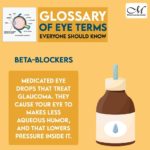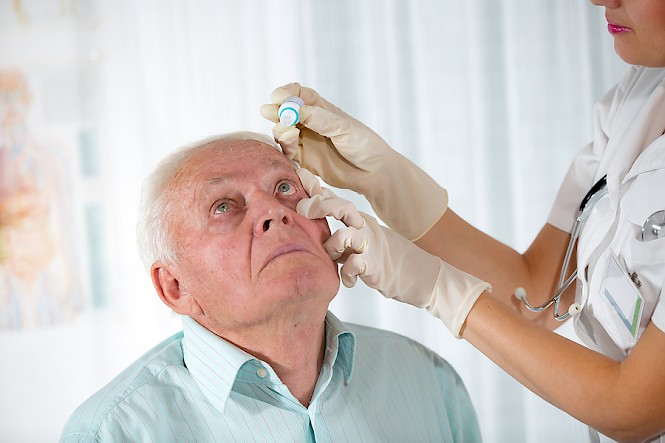The second leading cause of blindness has no warning signs and some surprising risk factors.
We may not notice changes in pressure until our car tire is flat or our garden hose is bursting with water. Pressure plays an important role in daily life and a very important one in eye health.
Unhealthy changes in eye pressure can lead to glaucoma, a blinding disease that affects 2.3 million Americans. But unlike a burst hose or flat tire, changes to eye pressure might not be evident. An estimated 2 million people suffer from glaucoma and don’t even know it!
How is that even possible? Unfortunately, glaucoma has no early warning signs. Only your eye doctor can detect this disease before it steals your sight.
You can do two things. The first and most critical is to schedule a comprehensive, dilated eye exam with your eye doctor. The second is to educate yourself about important risk factors and share your concerns with your optometrist.
5 Risk Factors of Glaucoma
1. Aging Eyes
Anyone can get glaucoma, even babies. But your risk increases with age, starting in your 40s. That risk goes up dramatically in your 60s when you are 6 times more likely to develop glaucoma.
2. Your Family Heritage
Your ethnicity plays an important role in your risk for this complicated disease. For example, Asian people are at a higher risk for certain types of glaucoma. Black people have are at greater risk-six-to-eight times higher than Caucasians for getting this disease; and a greater likelihood of long-term damage. People with Hispanic heritage are also at a higher risk, especially as they age.
3. Inheritance
Sometimes you inherit traits that predispose you to certain diseases. That could be as simple as being in a family with a history of glaucoma. Or it could be as complex as being born with particular eye anatomy that only your eye doctor would be able to detect. Know your family history and ask your doctor about this risk factor.
4. General Health
Ever wonder why an optometrist might ask so much about your personal medical history? Your overall health can affect your eyes in surprising ways. People suffering from diabetes, heart disease, or high blood pressure may be at a higher risk of glaucoma. Severe asthma sufferers take note too—very high corticosteroid use may increase your risk of glaucoma.
5. The Injury Report
If your eyes have experienced an injury, perhaps from sports, or damage from a disease such as a tumor or retinal detachment, then glaucoma needs to be on your radar screen. Be sure to let your doctor know of any past incidents, even if you didn’t think there could be lasting damage.
It’s important to know that risk factors do not actually cause disease. But rather they can prompt you to take important steps for good health. In the case of eyes, a good place to start is having a comprehensive eye exam with your optometrist every year.
 Using the latest technology, and Beta-Blockers eye drops, your eye doctor can detect and treat serious diseases like Glaucoma before damage occurs. Beta-blockers can help to relieve the ‘fight-or-flight’ reactions that fuel anxiety. Less commonly, they may be used for migraines, glaucoma, overactive thyroid, tremors, and anxiety. The high pressure within the eyeball is reduced using beta-blocker eye drops. The medication lowers the production of fluid inside the eyeball.
Using the latest technology, and Beta-Blockers eye drops, your eye doctor can detect and treat serious diseases like Glaucoma before damage occurs. Beta-blockers can help to relieve the ‘fight-or-flight’ reactions that fuel anxiety. Less commonly, they may be used for migraines, glaucoma, overactive thyroid, tremors, and anxiety. The high pressure within the eyeball is reduced using beta-blocker eye drops. The medication lowers the production of fluid inside the eyeball.

